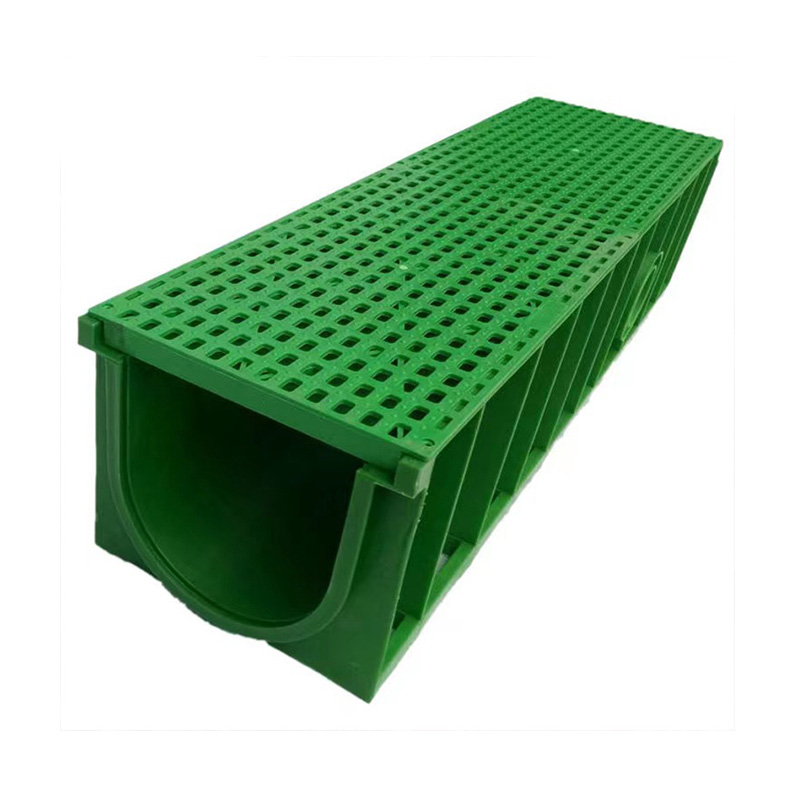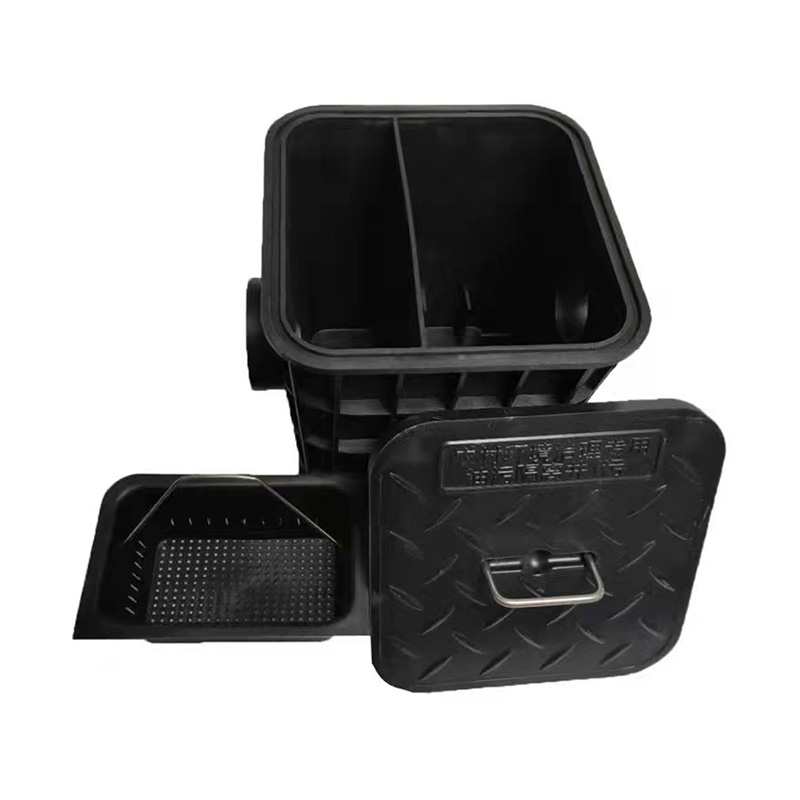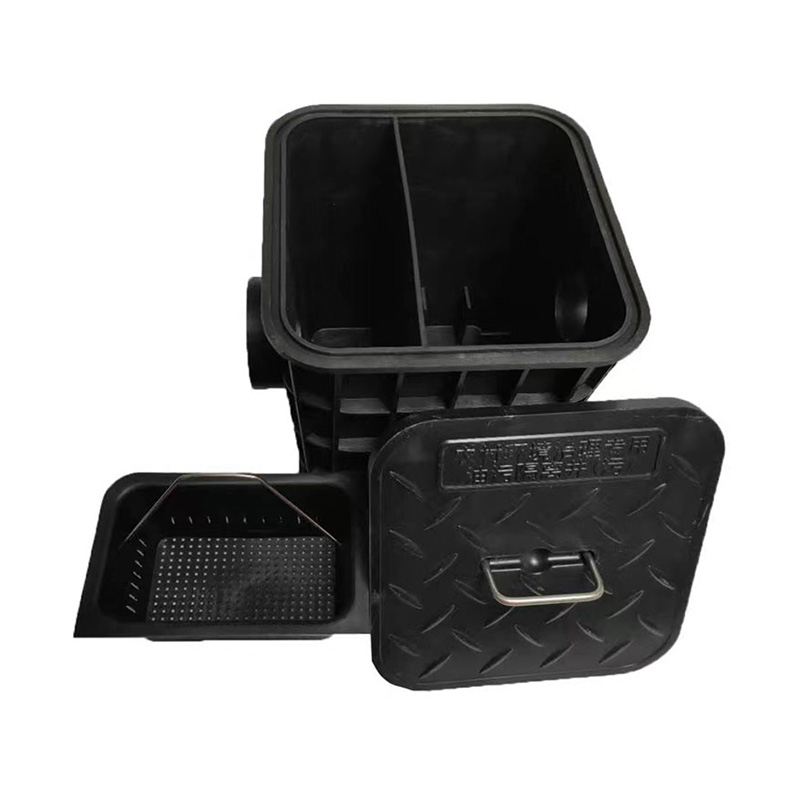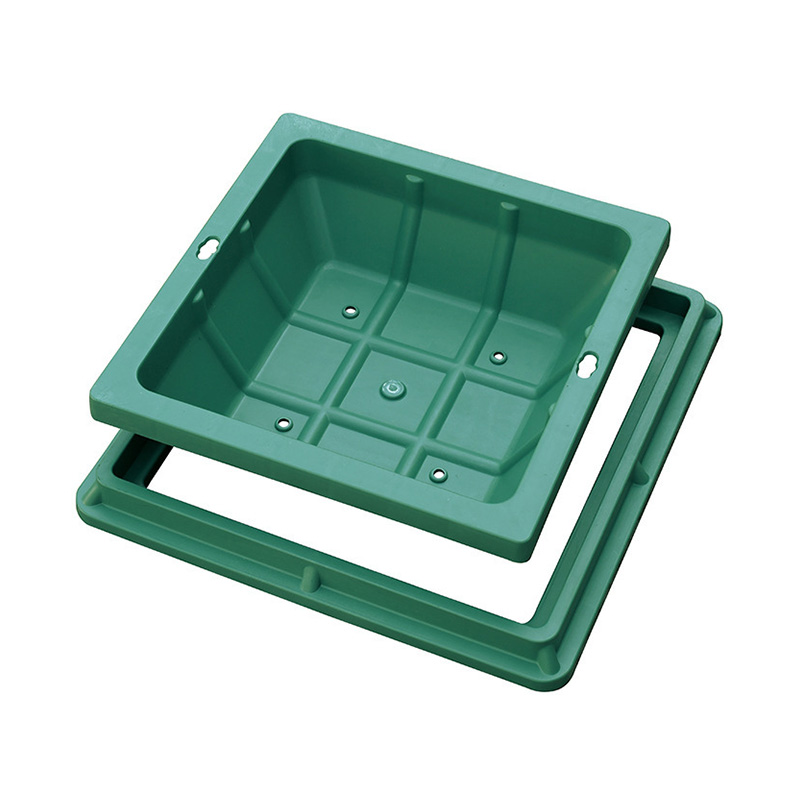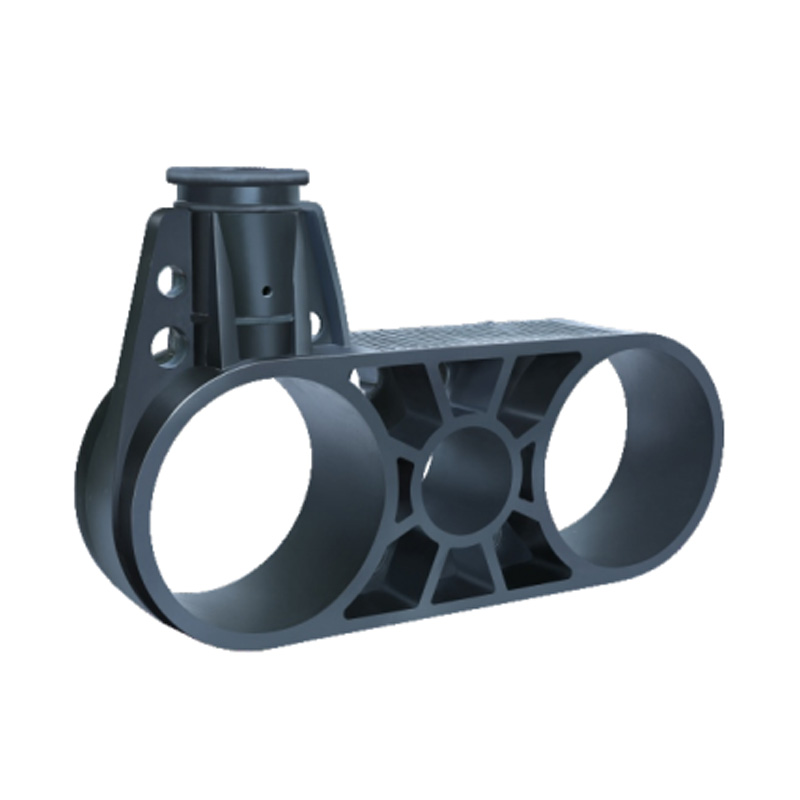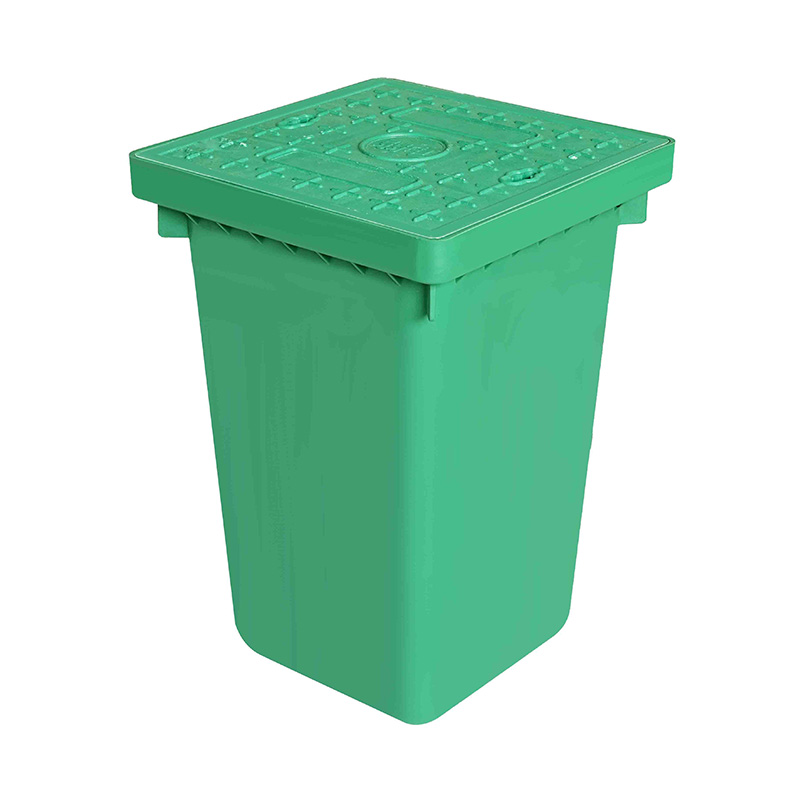China Custom Small Domestic Plastic Grease Interceptor Trap Manufacturer
Wastewater management is a crucial component of modern infrastructure, and within this system, plastic grease traps play a pivotal role. These devices are engineered to prevent the buildup of grease and oil in wastewater systems, which can result in severe blockages and environmental pollution. This article aims to provide a comprehensive understanding of the mechanics of China Plastic Grease Traps and their importance in maintaining efficient and eco-friendly wastewater systems.
Plastic grease traps are essential in commercial kitchens, food processing plants, and even some residential settings. They are designed to capture and hold grease and oil before it enters the sewer system. By doing so, they prevent the formation of fatbergs, which are congealed masses of fat, oil, and other waste materials that can cause significant damage to sewer infrastructure.
The functionality of a plastic grease trap is based on the principle of separation through density. Grease and oil are less dense than water, which allows them to float to the surface. The Custom Small Grease Interceptor is designed with a specific depth and baffle system that slows down the flow of wastewater, giving the grease and oil time to separate from the water and rise to the top. Once there, they can be easily removed and disposed of properly.
Plastic grease traps are typically constructed from durable, high-density polyethylene (HDPE) or other similar plastics. These materials are chosen for their resistance to corrosion, their ability to withstand the harsh conditions of wastewater, and their ease of cleaning. The design of one includes a series of compartments or chambers that facilitate the separation process. Each chamber serves a specific purpose, from initial sedimentation to grease collection.
Regular maintenance is vital for the efficient operation of plastic grease traps. This includes periodic cleaning to remove accumulated grease and ensure that the trap is not overfilled. Over time, the grease can solidify and reduce the effectiveness of the trap. It is recommended to clean them at least once a month, depending on the volume of grease and oil produced by the facility.
The use of plastic grease traps significantly reduces the environmental impact of grease and oil in wastewater systems. By preventing these substances from entering the sewer system, they help to avoid the formation of fatbergs, which can result in sewer overflows and the release of untreated sewage into the environment. Additionally, by capturing grease and oil, they contribute to the reduction of pollutants in waterways and the protection of aquatic life.
While the initial cost of installing a plastic grease trap may seem high, the long-term benefits make it a cost-effective solution. The prevention of sewer blockages and the reduction in maintenance costs associated with sewer damage can save businesses and homeowners significant amounts of money. Additionally, the ease of cleaning and the durability of plastic materials contribute to the overall cost-effectiveness of these traps.
As technology advances, so too does the design and functionality of Domestic Grease Trap Manufacturers. Innovations such as automated cleaning systems and smart monitoring devices are being developed to further enhance the efficiency and ease of use of these traps. These advancements promise to make them even more effective in managing grease and oil in wastewater systems.
Understanding the mechanics of plastic grease traps is essential for anyone responsible for the management of wastewater systems. These devices play a critical role in preventing the buildup of grease and oil, which can result in costly and environmentally damaging sewer blockages. By maintaining and cleaning plastic grease traps regularly, individuals and businesses can ensure the efficient operation of their wastewater systems and contribute to a cleaner and more sustainable environment.

 English
English русский
русский Español
Español عربى
عربى